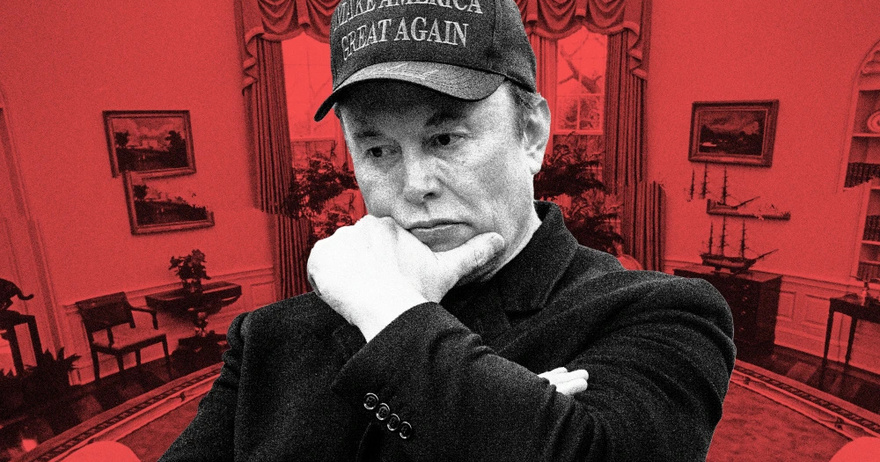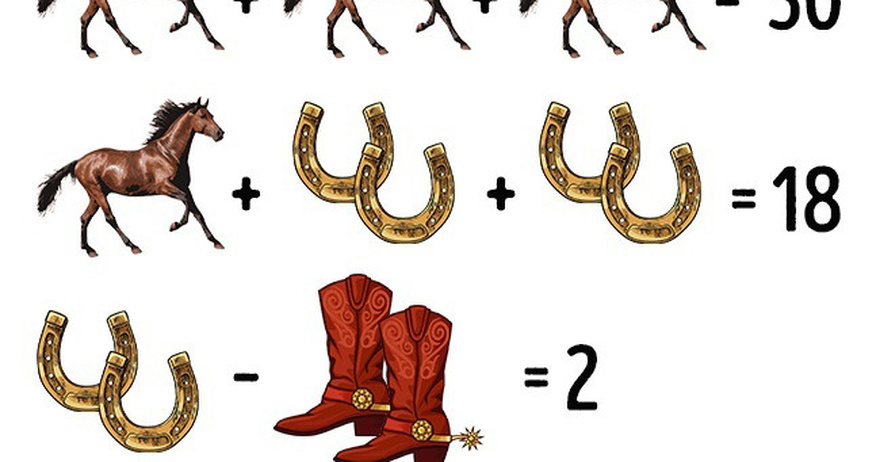Elon Musk and President Donald Trump continue to tout their cost-cutting and fraud-finding efforts, but high-profile claims aren’t holding up to scrutiny.
Elon Musk’s cost-cutting and fraud-finding apparatus, the Department of Government Efficiency, came out swinging in recent days.
The result? Two stunning strikeouts.
A series of announcements by DOGE as well as claims by Musk and President Donald Trump about the agency’s efforts have crumbled under scrutiny even as they’re broadly repeated by conservative pundits, sympathetic media and the White House.
Two of the most notable claims — around Social Security fraud and $8 billion savings found in a Department of Homeland Security contract — have been debunked. Meanwhile, Trump’s agenda is set to add to the federal government’s deficit well in excess of what DOGE is cutting.
“It’s amateur hour in their federal government,” said Martin O’Malley, the former Maryland governor who ran the Social Security Administration under President Joe Biden. “There’s unelected people that are being given powers to go through and rummage through our personal data for reasons that nobody can quite figure out yet. It’s not for efficiency.”
Cutting government waste and hunting for fraud are perennially popular topics for politicians across the political spectrum. Federal agencies each have their own internal watchdogs — known as inspectors general — meant to hunt for misuse of taxpayer dollars. More than a dozen of them have been fired by the Trump administration.
In their place, DOGE has worked to make sweeping cuts, most of which appear to be focused more on Trump’s politics than anything else, and many of which experts warn could have unintended consequences.
“They’re throwing out the baby with the bathwater,” said Elaine Kamarck, a senior fellow at the Brookings Institution who oversaw an eight-year effort to cut government spending and waste under President Bill Clinton.
These cuts are “going to blow up in their face,” she said, warning that fired staffers could undermine the United States’ ability to handle a crisis in national security, food safety, pandemics or aviation.
While sweeping cuts in the private sector — and particularly Silicon Valley — may be celebrated, government services can be life and death, she said.
“You take down Medicare payment system, you take down Social Security checks, you take down food inspections, OK? That kills people,” she said.
The White House did not respond to a request for comment.
DOGE’s cuts, as illustrated through the “receipts” posted online Monday, run the gamut across the U.S. government, albeit they appear to hew particularly to Trump’s politics — particularly opposition to diversity initiatives and media outlets. The more than 1,000 listed cuts represent a fraction of the $55 billion in savings DOGE says it has achieved in about a month of work, according to its website.
The list includes a hodgepodge of canceled media subscriptions, contracts and leases, and quite a few noticeable errors. One line item in DOGE’s receipts claimed $8 billion savings found in a Department of Homeland Security contract, when the contract was for $8 million. The receipts seemed to undermine DOGE’s own rhetoric, too. One of the DOGE wins from earlier in the month — a $57,000 contract in Sri Lanka focused on climate change mitigation that DOGE canceled — saves taxpayers nothing, the receipts note.
The bulk of the savings listed in the receipts was due to the closure of the United States Agency for International Development, which is embroiled in litigation over the legality of its closure. USAID accounted for about 1.2% of the overall U.S. budget.
“It’s an open question whether or not it’s legal to make some of these actions,” said Josh Sewell, director of research and policy at Taxpayers for Common Sense, a nonpartisan group advocating against government waste.
Musk has acknowledged that his team will make mistakes and correct them.
“Nobody’s going to bat a thousand,” he said during a White House news conference this month. “We will make mistakes, but we’ll act quickly to correct any mistakes.”
But his false claims have gotten enormous attention: A study from media watchdog NewsGuard published Tuesday found that 28 false claims accrued more than 825 million views in recent days.
The White House announced Monday that DOGE would tackle Social Security fraud, shortly after Musk posted a spreadsheet of the ages of people in a Social Security database with millions of them over 100 years old.
“There are FAR more ‘eligible’ social security numbers than there are citizens in the USA,” he wrote on X. “This might be the biggest fraud in history.”
It’s not; it’s a known problem with the government’s data. There are millions of people over the age of 100 in the Social Security Administration’s database, but the vast majority aren’t receiving benefits. The issue has been repeatedly identified by inspectors general at the agency, but the Social Security Administration has argued that updating old records was costly and unnecessary.
Per the agency’s online records, just 89,106 people — not tens of millions — over the age of 99 received retirement benefits in December 2024, out of the more than 70 million people who receive benefits each year.
It’s a “humiliating mistake for anyone else to make, but they’re doubling and tripling down on it,” said Kathleen Romig, director of Social Security and disability policy at the Center on Budget and Policy Priorities, a left-leaning think tank that addresses government spending. “That is scary, because they also have the keys to the kingdom, with all the access to this data.”
Concerns about access led the top acting executive at the Social Security Administration, Michelle King, to leave her job this weekend, after refusing to give DOGE access to the agency’s sensitive data about Americans who receive Social Security.
“If they act upon these falsehoods, that’s really scary,” Romig said. The Social Security Administration is careful about marking individuals as dead because the act triggers a chain of events that can cut people off from not just government benefits but their own bank accounts.
She also warned that firing new employees — the probationary-period employees DOGE has targeted — at the Social Security Administration undermines the future of the agency and makes it harder to sort out payment errors.
O’Malley agreed: “The biggest threat to Social Security is not these falsehoods. The biggest threat to Social Security is that they are going to crater the agency by driving 10,000 people out of it.”
And while experts disagree on the cuts, many agree DOGE has drawn the public into the spending debate.
“People may argue with some of the details, but taking this kind of action and doing it quickly and doing it in a way that is bringing attention to how the government operates is helpful,” said Thomas Schatz, president of Citizens Against Government Waste.
But fundamentally, Sewell warned, DOGE won’t reap the desired deficit reductions needed unless it changes course.
It’s “mathematically impossible” to achieve the kind of trillion-dollar savings Musk has promised without cutting defense spending and entitlements, he said.
“The gravity of our debt, which is $32 pushing $33 trillion in our annual spending, which is around $6 trillion, is so big and so hard to comprehend that you have to have all hands on deck. You have to look everywhere,” Sewell continued. “If a political actor only finds savings in their opponent’s backyard, that’s not a recipe for success.”
Jesse Plemons Once Played Late Philip Seymour Hoffman’s Son Before Taking on His Hunger Games Character for Upcoming Prequel
Brooke Shields Breaks Down in Tears After Husband Chris Henchy Surprises Daughter for Her Birthday
Only Geniuses Can Solve This Math Puzzle in 10 Seconds
Stephen Hawking’s Doomsday Warning is Coming Faster Than We Thought






























